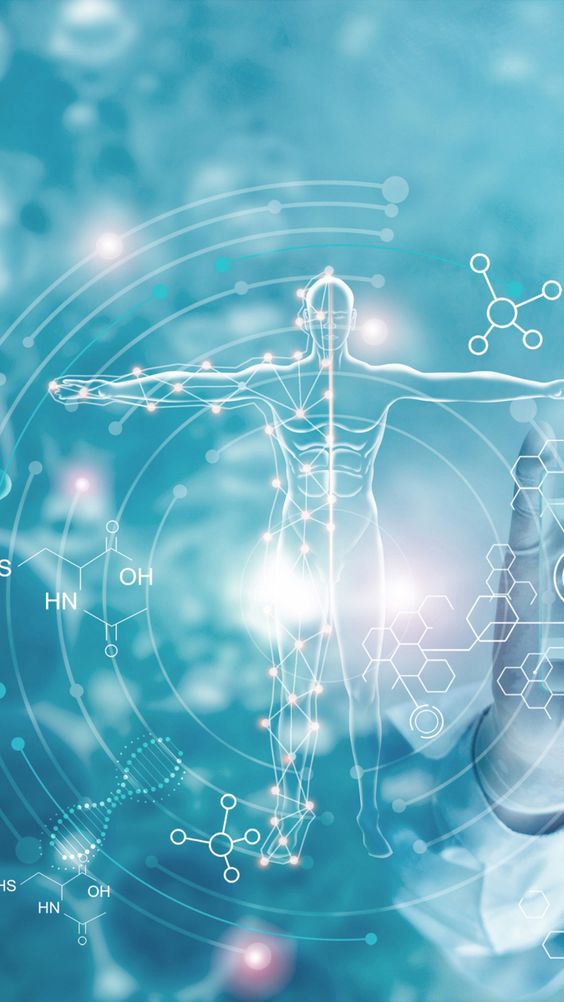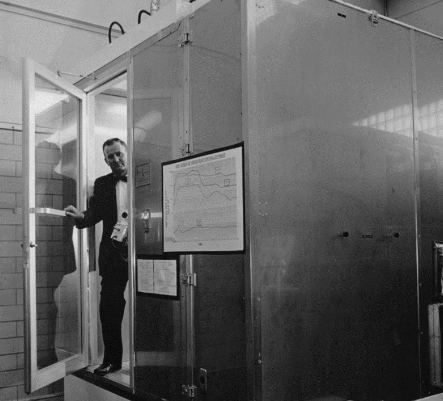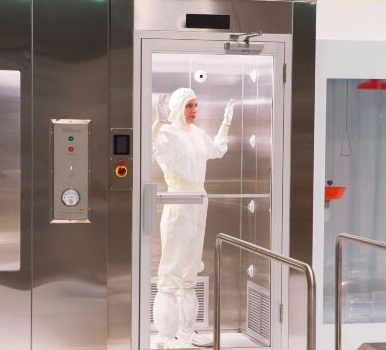In recent years, scientific research has unveiled a fascinating world within us – the microbiome. This intricate ecosystem of microorganisms residing in our bodies has captured the attention of researchers worldwide due to its profound impact on human health. From digestion to immunity and even mental well-being, the microbiome plays a pivotal role in various aspects of our lives. In this blog post, we’ll delve into the realm of microbiome research and its profound implications for human health.
Unveiling the Microbiome

The human microbiome consists of trillions of microorganisms, including bacteria, viruses, fungi, and archaea, residing primarily in the gut, but also on the skin, mouth, and other mucosal surfaces. These microbial communities form a complex ecosystem that interacts with our bodies in myriad ways, influencing processes ranging from digestion and nutrient absorption to immune system regulation and even brain function.
The Gut-Brain Connection
One of the most intriguing aspects of microbiome research is its connection to brain health. The gut-brain axis, a bidirectional communication system between the gut and the brain, plays a crucial role in regulating mood, cognition, and behavior. Studies have shown that disruptions in the gut microbiome can contribute to mental health disorders such as anxiety, depression, and even neurodegenerative diseases like Alzheimer’s.
Immune System Regulation
The microbiome also plays a vital role in training and modulating the immune system. Certain species of bacteria in the gut microbiome help educate immune cells, ensuring they respond appropriately to pathogens while maintaining tolerance to harmless substances. Dysbiosis, or imbalance in the microbiome, has been linked to autoimmune diseases, allergies, and inflammatory conditions like inflammatory bowel disease (IBD).
Implications for Disease and Treatment

Understanding the role of the microbiome in health and disease has significant implications for disease prevention and treatment. Researchers are exploring innovative ways to manipulate the microbiome to promote health and treat various conditions. Probiotics, prebiotics, and fecal microbiota transplantation (FMT) are among the emerging therapies being investigated for conditions ranging from gastrointestinal disorders to metabolic syndrome and even neurological conditions.
The Future of Microbiome Research
As our understanding of the microbiome continues to evolve, so too does its potential to revolutionize healthcare. From personalized nutrition plans tailored to individual microbiome compositions to microbiome-based therapies targeting specific diseases, the future holds immense promise for harnessing the power of these microbial communities to optimize human health.
In conclusion, microbiome research represents a frontier of exploration with far-reaching implications for human health. By unraveling the mysteries of the microbiome, researchers are paving the way for innovative approaches to disease prevention, diagnosis, and treatment. As we delve deeper into this fascinating realm, we gain invaluable insights into the intricate symbiotic relationship between our bodies and the microorganisms that call us home.



